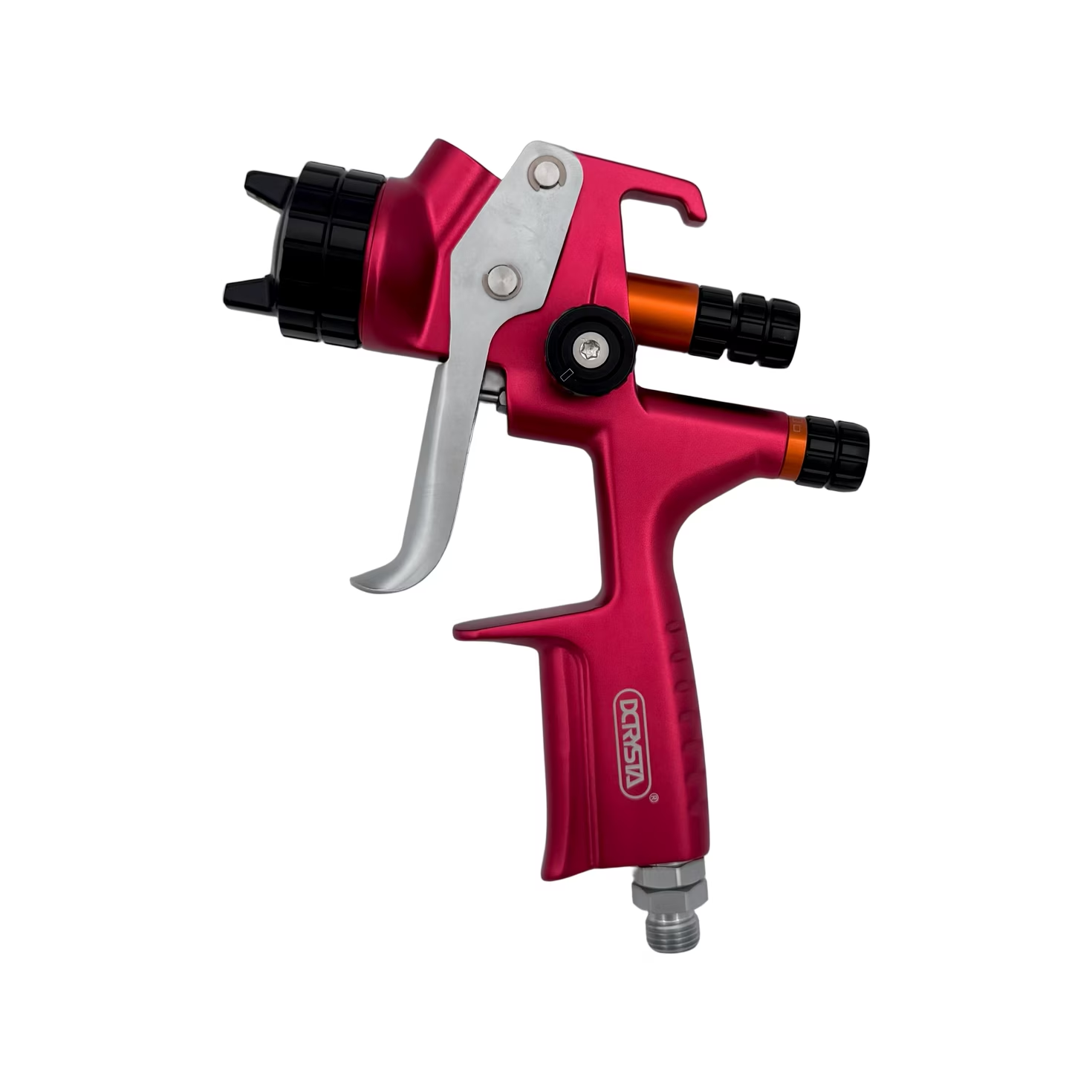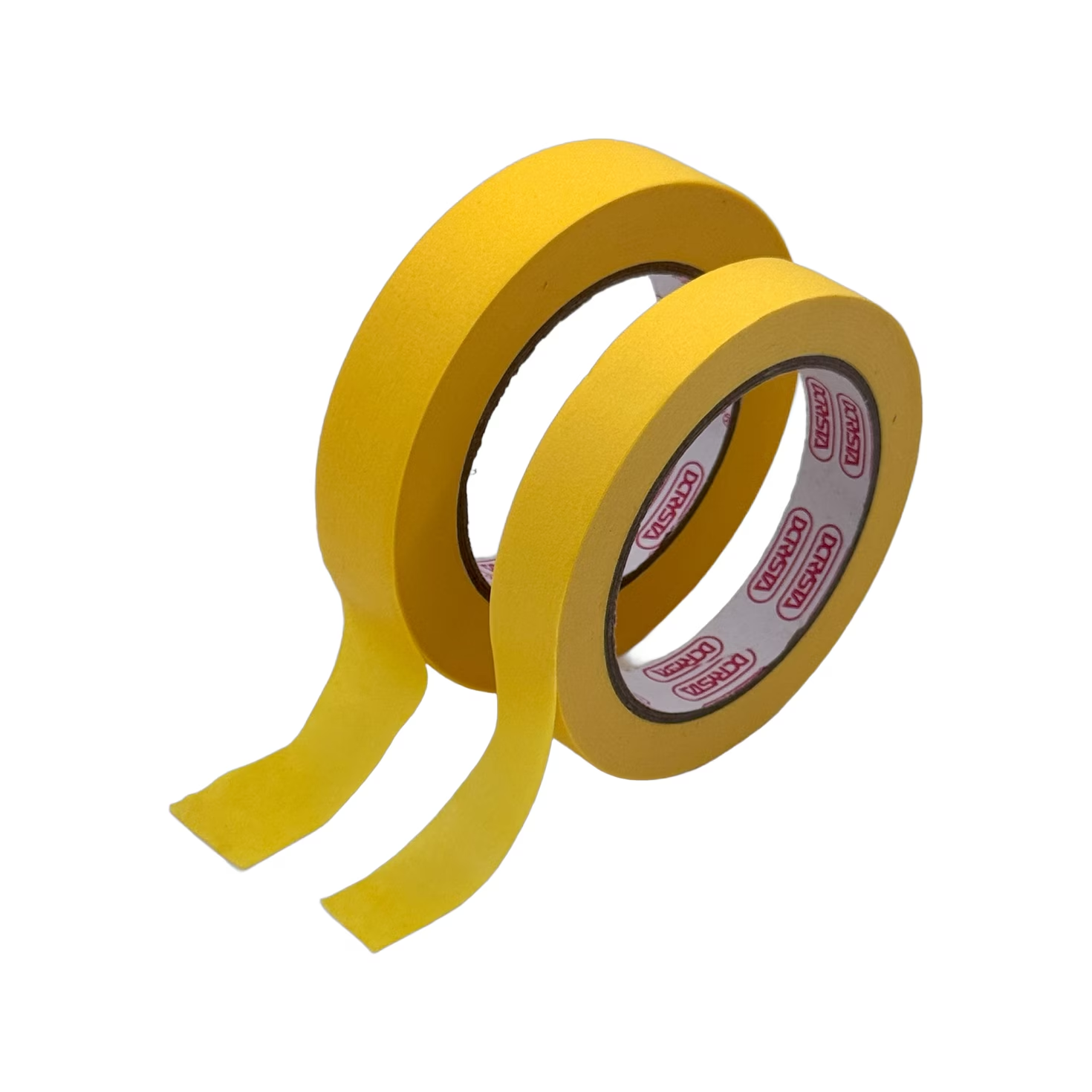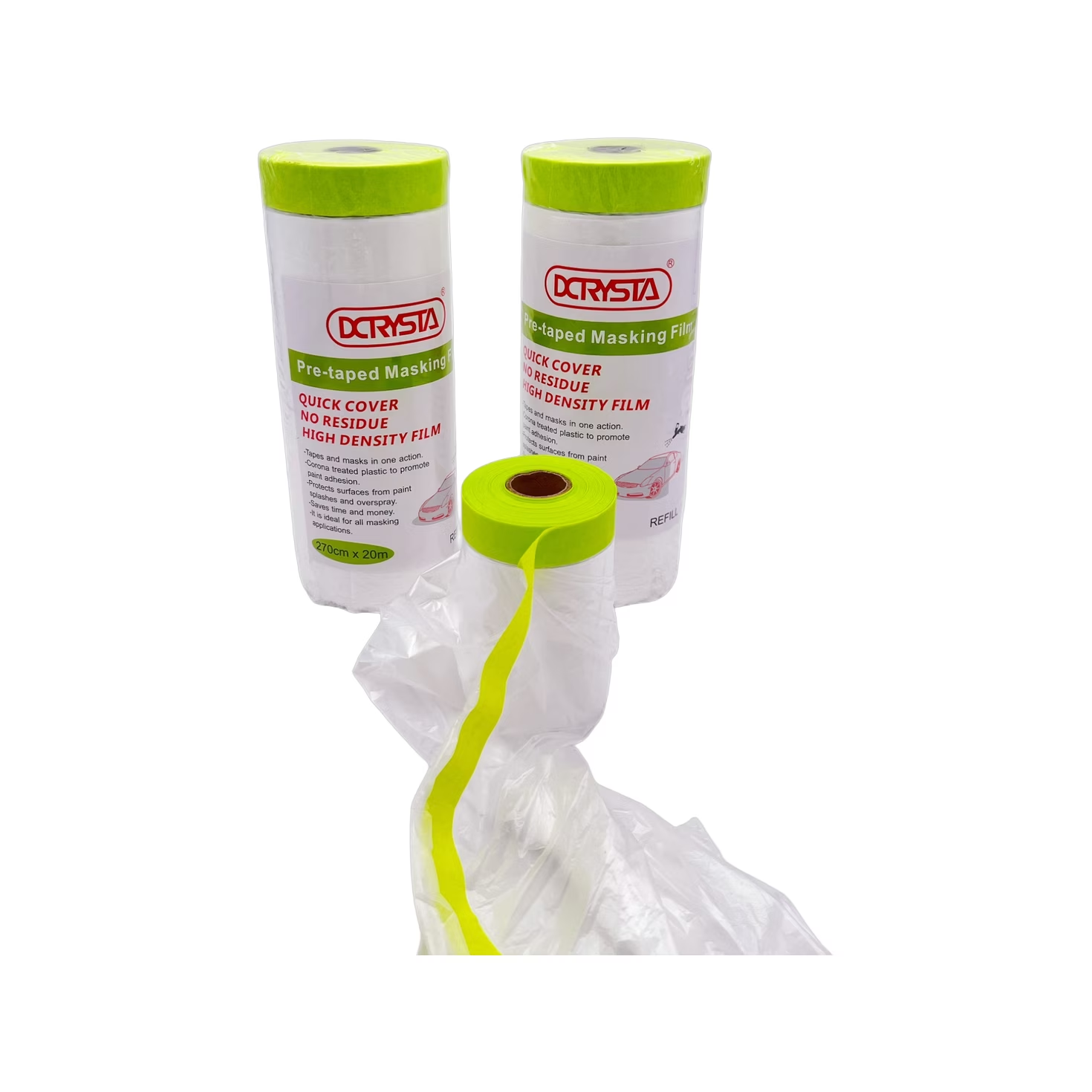Professional Paint Mixing Ratio Calculator
Achieve perfect paint mixes. Convert between volume and weight ratios, and calculate exact component amounts based on your target mix size.
2. Your Mix Recipe
This calculation is a theoretical estimate. Actual usage may vary due to operating technique, product characteristics, environmental conditions, and specific project complexity. Always refer to the product's Technical Data Sheet (TDS) and your professional experience for final judgment.
Mixing Science & FAQ
Understanding why precise mixing is crucial for a perfect finish.
Why is density so important in paint mixing?
Paint manufacturers provide mixing ratios by volume (e.g., 2:1:0.5). However, different components (paint, hardener, reducer) have different densities. If you mix by volume, but the components have different weights per unit of volume, your final mixture will have an incorrect weight ratio. For chemical reactions (like paint curing), precise weight ratios are often more critical. Density allows you to accurately convert between volume and weight measurements.
Volume vs. Weight Mixing: Which is better?
For professional results, weight mixing is generally superior. Digital scales offer higher precision than measuring cups, especially for small quantities. Weight mixing eliminates errors caused by meniscus readings or variations in component viscosity. Always refer to your product's Technical Data Sheet (TDS) for recommended mixing methods and precise density values.
What happens if I mix paint ratios incorrectly?
Incorrect mixing ratios can lead to a host of problems: poor curing (paint remains soft or sticky), reduced durability, compromised gloss, solvent pop, delamination, and even color shifts. For 2K (two-component) products, the hardener ratio is especially critical as it drives the chemical reaction that cures the paint.
Achieve Flawless Finishes with DCRYSTA
The right products, mixed precisely, deliver outstanding results.


